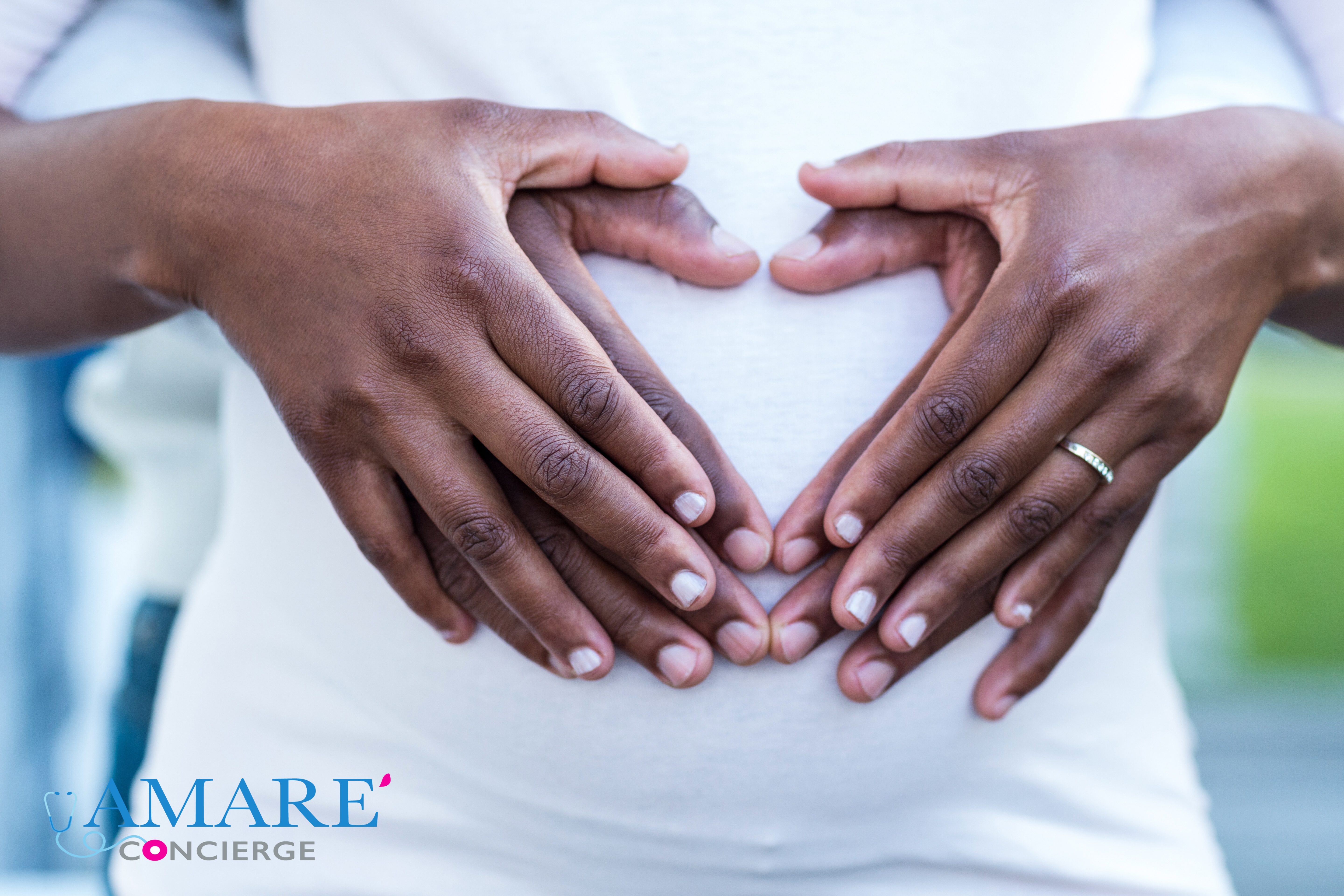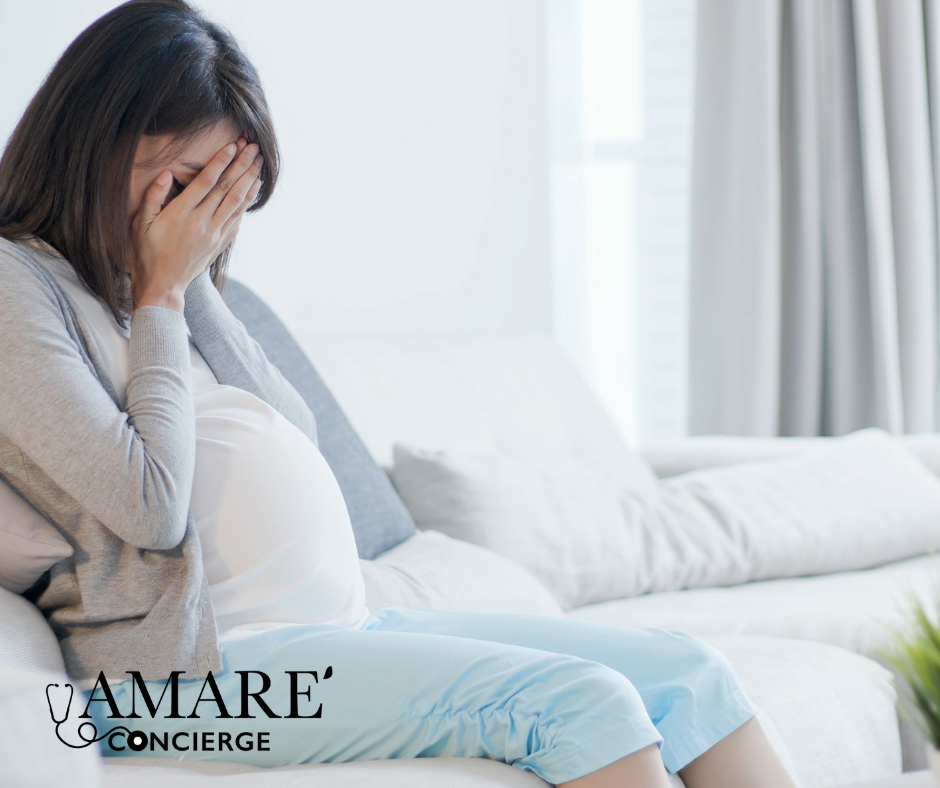Today women of all ages are having babies. Gone are the days of pregnancy being just for women in their 20s. Women can have children into their 30s and 40s, however, the landscape of treating these patients is a little different. If you’re trying to get pregnant after age 35 it’s important to keep yourself healthy, so that you can have a healthy pregnancy.
Preconception
Prior to getting pregnant, it’s crucial to make sure you’re healthy enough to carry a baby. Call your doctor and schedule an appointment for a checkup. They’ll likely take a complete medical history and order blood work to ensure your hormones are at proper levels. Your doctor might also discuss with you whether you’re in the right place emotionally and mentally to become pregnant.
You’ll also want to ensure any issues like diabetes have been taken care of and that you’re taking a multivitamin with folic acid. A multivitamin with folic acid can help improve egg quality.
Getting Pregnant After 35
Getting pregnant after age 35 can sometimes take more time than it might for those in their 20s and early 30s. As women age, they ovulate less. Add to that the fact that egg quality decreases over time and you have less of a chance of getting pregnant. The good news is that today’s fertility treatments are advanced and there are many options available. If you find yourself trying for six months or more talk to your doctor about what’s going on. They might discuss starting fertility treatment to improve your chance of conceiving.
During Pregnancy
Once you find out you’re pregnant you’ll want to protect yourself from anything that could impact the health of you or your baby. This includes totally avoiding drinking, smoking, and using drugs. You’ll want to make sure you’re vaccinated against diseases and sicknesses like pertussis (whooping cough), the flu, and whatever else your doctor recommends.
Gaining the right amount of weight is also important. You certainly don’t want to lose weight, however, you’ll want to gain weight gradually and at a healthy pace. Your doctor will help you determine the right amount of weight to gain.
Risks
Becoming pregnant after age 35 increases the risk of certain complications, including premature birth, birth defects, and having multiples (twins, triplets, quads, etc.). Prenatal screening can help determine if your baby would be at a particularly high risk for certain genetic defects.
Risks to you, the mother, include preeclampsia, a deadly condition that can occur after the 20th week of pregnancy or after delivery. This condition causes your blood pressure to increase. Symptoms of preeclampsia include having protein in your urine, severe headaches, and vision changes.
If you’re 35 or older and looking to get pregnant, contact us. We can schedule an initial appointment to get a clear picture of your health and where you stand and know what your options are.





